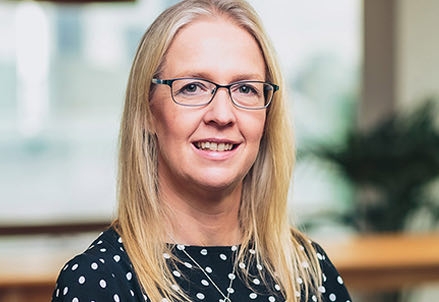Latest Blogs
-
Tilley: Let’s end the SIPP vs SSAS debate for good

As you might know from my previous columns on SIPPs Professional, I am, and have been for some time, a huge advocate for Small Self-Administered Schemes (SSAS).
-
Lisa Webster: Pre-Budget withdrawals are spiking again

Ever since “tax-free cash” changed its official name to “pension commencement lump sum” back in 2006 there have been pre-Budget rumours that it was going to change – and not for the better.
-
Tilley: Will Pensions Dashboards be a missed opportunity?

I can’t be alone in thinking that the recent House of Lords committee sessions on the Finance Bill and, in particular, discussion on bringing unused pension pots into scope for inheritance tax (IHT) made for interesting viewing.
-
Lisa Webster: A tiny step forward on IHT and pensions

Last month I talked about the headaches and liabilities of being a personal representative (PR) for a deceased’s estate when pensions are included for inheritance tax (IHT) purposes from 6 April 2027.
Popular News
-
Management buy out at former STM Group
The management buy out (MBO) of Global Pension Corporation (GPC), formerly known as SIPP and SSAS provider STM Group, has been completed today, the firm has said.
Chancellor Rishi Sunak has scrapped a planned and long-awaited 2% cut in Corporation Tax to 17%.
Chancellor Rishi Sunak has reprieved Entrepreneur’s Relief from a predicted chop but cut it from £10m to £1m.
Pension consultancy Barnett Waddingham has warned that the potential axing of the RPI inflation measure by the government could have ‘seismic’ implications for pension schemes.
Two of the world’s biggest financial businesses are to combine with Aon buying rival Willis Towers Watson for £23bn.
Defined benefit pension transfer values rose in February with Coronavirus fears spurring the rise, according to the XPS Transfer Watch Index, a monthly study of transfer values.
Pension savers are more likely to have a pension than 10 years ago but more are expecting to retire later than their parents’ generation.





